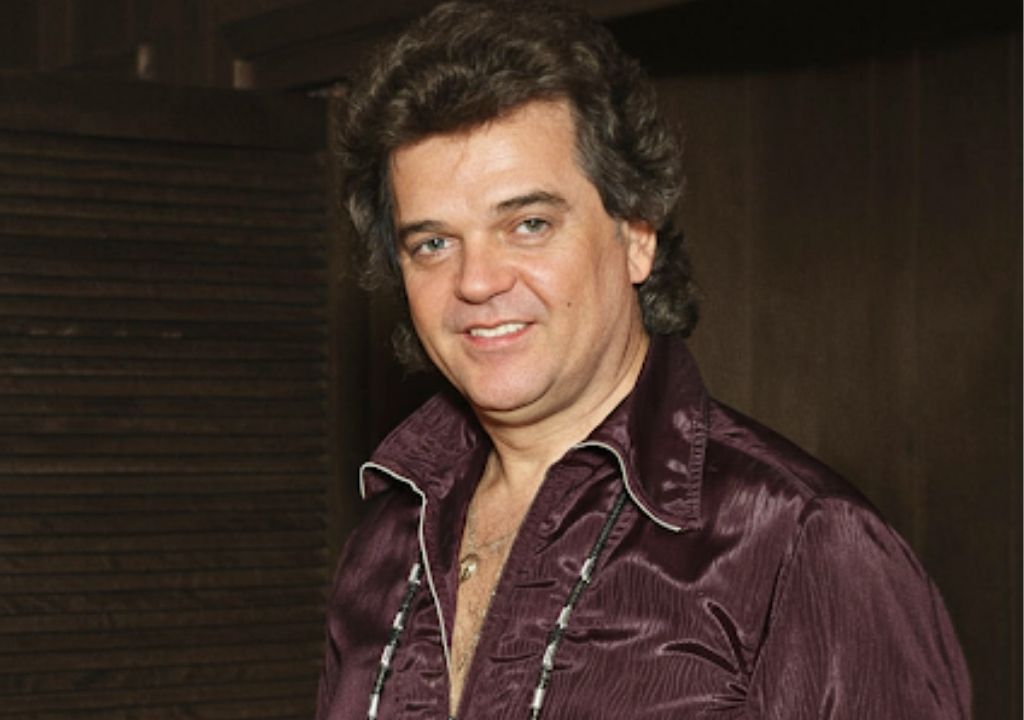
About the song
Title: A Voice of Heartache and Strength: Why Conway Twitty – Baby’s Gone – 1973 Still Touches Listeners
When it comes to country music that captures the raw essence of heartache, few artists have done it as convincingly as Conway Twitty. Among his many recordings, Conway Twitty – Baby’s Gone – 1973 stands as a deeply moving performance that showcases both his vocal strength and his ability to connect directly with the emotions of his audience. Released during a period when Twitty was firmly established as one of country’s most powerful voices, this song resonates with themes of loss, longing, and the quiet struggle to move forward after love has slipped away.
From the opening lines, Conway Twitty – Baby’s Gone – 1973 carries a weight of sincerity. The arrangement is classic early-70s country: steady guitar chords, restrained steel guitar fills, and a rhythm section that provides just enough backbone without overpowering the song’s sentiment. The production feels timeless, allowing Twitty’s voice to remain front and center. His rich baritone, filled with both authority and vulnerability, makes every word believable. This ability to sound both strong and wounded at the same time is what separated Twitty from many of his contemporaries.
The lyrics are straightforward yet poignant. They do not rely on elaborate imagery or poetic detours but instead cut to the heart of the matter—the emptiness left when someone dear is no longer there. Twitty’s delivery transforms these simple words into something profound. In Conway Twitty – Baby’s Gone – 1973, listeners don’t just hear a singer telling a story; they hear a man living through it, sharing his sorrow with anyone willing to listen.
This song also reflects an important part of country music’s tradition: offering comfort through shared experience. For many listeners, the song became more than entertainment—it was a companion during moments of personal loss. It reminded them that grief and healing are universal, and that even in sadness, music can provide a form of strength.
Closing Reflection:
Half a century later, Conway Twitty – Baby’s Gone – 1973 continues to remind us why music matters so deeply. It is not just a recording from another era but a timeless expression of human feeling—an honest voice for those who have known the sting of goodbye. For older listeners, it brings back a flood of memories; for younger ones, it offers a lesson in how pure, heartfelt music can transcend time. Conway Twitty gave country music more than hits—he gave it truth, and Baby’s Gone is one of his finest examples.
